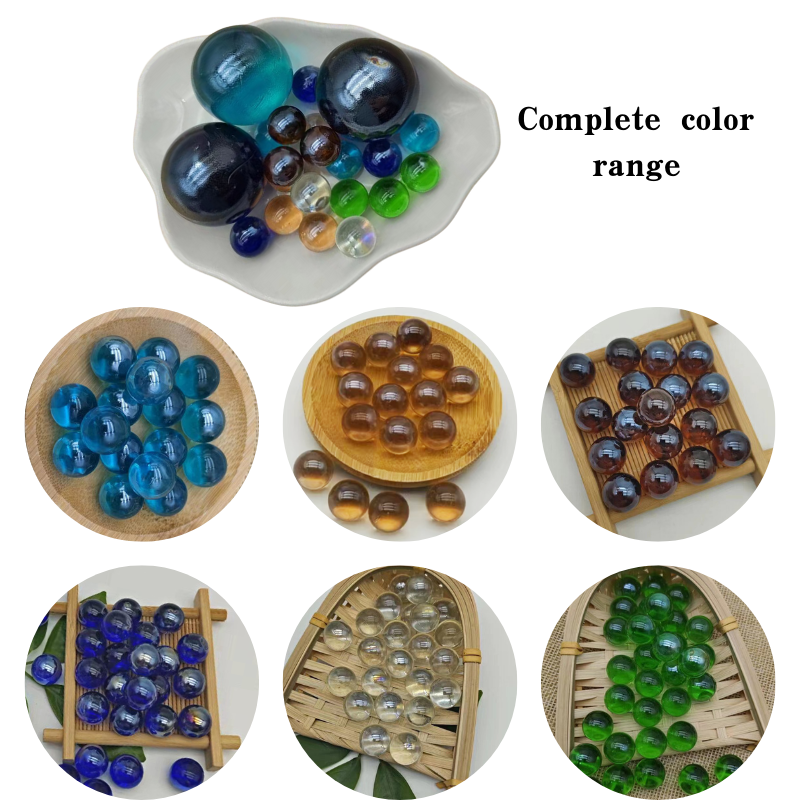
the perlite and vermiculite factory
The Perlite and Vermiculite Factory A Comprehensive Overview
In the realm of horticulture and construction, perlite and vermiculite play pivotal roles as essential materials that enhance soil quality and improve various industrial applications. These lightweight minerals, derived from volcanic glass and mica, respectively, have gained immense popularity over the years due to their unique properties and versatility. This article delves into the workings of a typical perlite and vermiculite factory, exploring the production processes, applications, and benefits of these materials.
Understanding Perlite and Vermiculite
Perlite is an amorphous volcanic glass that, when heated, expands significantly and transforms into lightweight, porous particles. This material is widely used in gardening and landscaping as a soil amendment, improving aeration, drainage, and moisture retention. Vermiculite, on the other hand, is a hydrous phyllosilicate mineral that expands when heated, resulting in a fluffy, lightweight product. Its primary uses include insulation, soil conditioning, and as a medium for hydroponic gardening.
The Production Process
The production of perlite and vermiculite involves several stages, beginning with the mining of raw materials. These minerals are extracted from natural deposits, after which they undergo a series of processes to prepare them for various applications.
1. Mining and Crushing The first step is the extraction of perlite or vermiculite from mineral deposits. Once mined, the raw materials are crushed to break them down into smaller, manageable sizes.
2. Heating For perlite, the crushed material is heated in a furnace to temperatures exceeding 1,600°F (approximately 870°C). This heating process causes the moisture within the perlite to vaporize, causing the material to expand and transform into its characteristic lightweight form. Vermiculite also undergoes a heating process where it expands rapidly upon exposure to high temperatures, producing a fluffy and versatile material.
3. Grading and Sifting After the expansion process, both perlite and vermiculite go through grading and sifting to achieve the desired particle size. This step ensures that the final product meets industry standards and customer specifications.
4. Packaging Once the materials are graded, they are packaged for distribution. Both perlite and vermiculite are typically sold in bags of varying sizes, making them convenient for both commercial and residential use.
Applications of Perlite and Vermiculite
Both perlite and vermiculite serve a wide range of applications across various industries
the perlite and vermiculite factory

1. Horticulture In gardening and landscaping, perlite is commonly mixed with potting soil to improve aeration and drainage. Vermiculite is often used for seed starting, as it retains moisture while providing excellent aeration to developing roots.
2. Construction Both materials are utilized in the construction industry. Perlite is used as a lightweight aggregate in concrete, enhancing thermal insulation properties. Vermiculite is often used as an insulating material in walls, roofs, and attics due to its fire-resistant qualities.
3. Industrial Applications Both materials are employed in manufacturing processes, including the production of various insulation products, soundproofing materials, and lightweight fillers in paints and plastics.
Benefits of Using Perlite and Vermiculite
The benefits of incorporating perlite and vermiculite in various applications are numerous
1. Lightweight Both materials are naturally lightweight, making them easy to handle and transport.
2. Improved Aeration In horticulture, they enhance soil structure, improving air circulation and promoting healthy root development.
3. Moisture Retention Vermiculite's ability to hold water makes it an excellent choice for moisture retention in potting mixes.
4. Thermal and Acoustic Insulation In construction, they provide superior insulation, reducing heating and cooling costs while also minimizing noise transmission.
Conclusion
The perlite and vermiculite factory plays a crucial role in producing two of the most versatile and beneficial materials used in gardening, construction, and various industries. With their unique properties and wide-ranging applications, perlite and vermiculite continue to be indispensable resources for professionals and homeowners alike. By understanding the production processes and the myriad benefits these materials offer, users can make informed decisions about their integration into specific projects and applications.
Share
-
Fly Ash Solutions Enhanced by GPT-4 Turbo | Sustainable InnovationNewsAug.01,2025
-
Natural Premium Bentonite Cat Litter - Superior ClumpingNewsJul.31,2025
-
Premium Resin Coated Sand - High Heat Resistance CastingNewsJul.31,2025
-
High Quality Silicon Carbide Grit for Abrasive ApplicationsNewsJul.30,2025
-
High-Quality Ceramsite for Plants & Gardening | Lightweight PebblesNewsJul.29,2025
-
Premium Burgundy Glass Marbles for Vases & Shooter GamesNewsJul.29,2025






